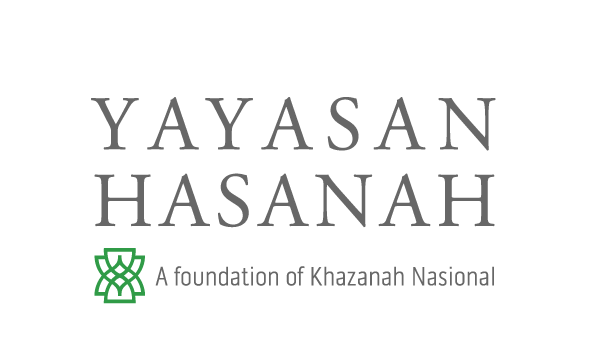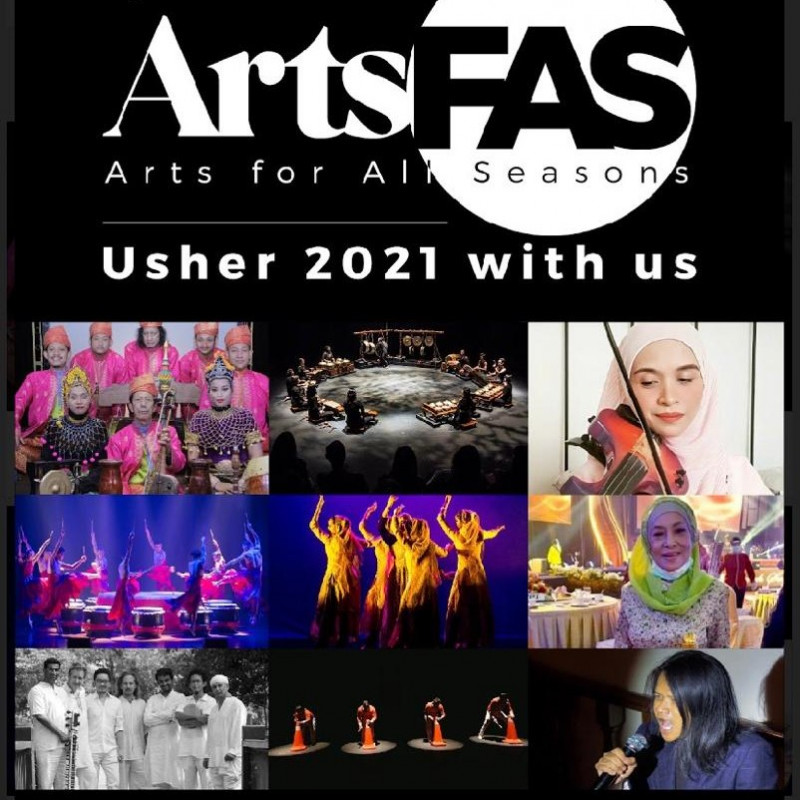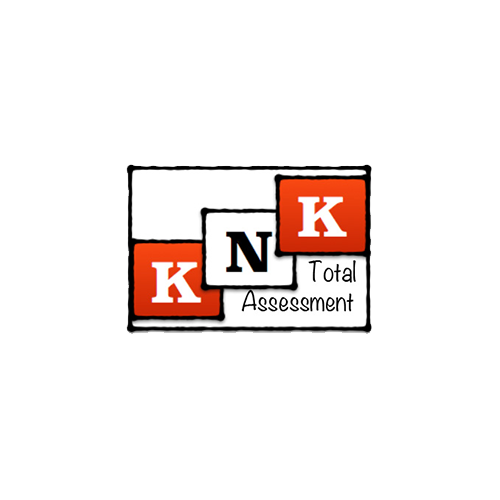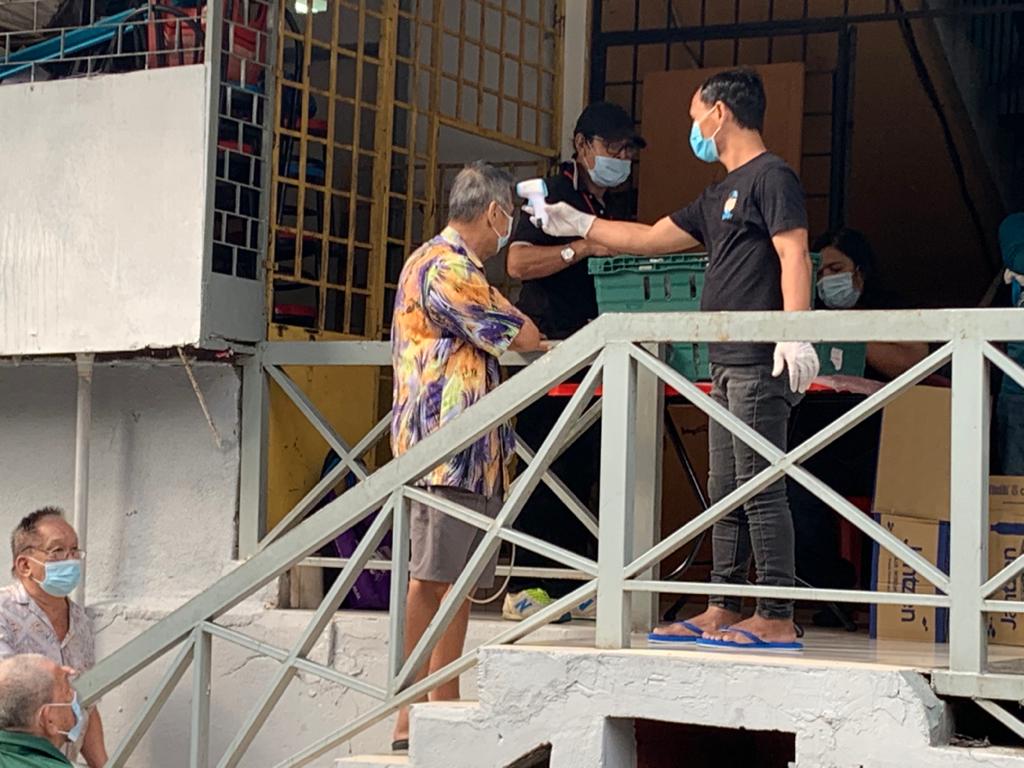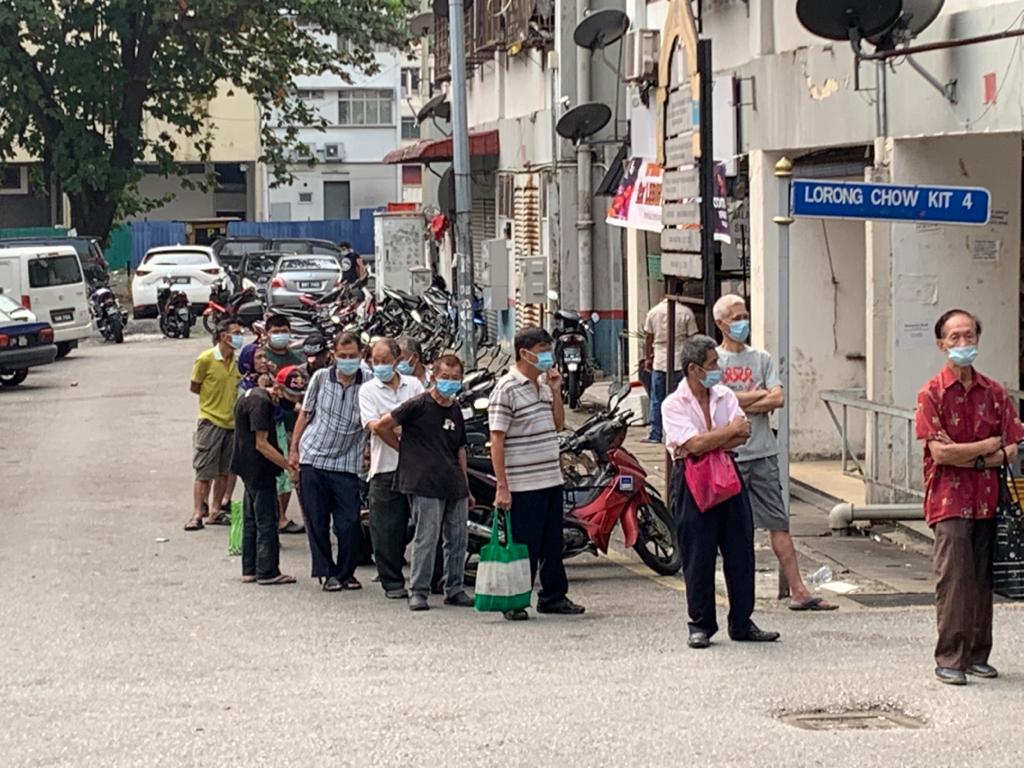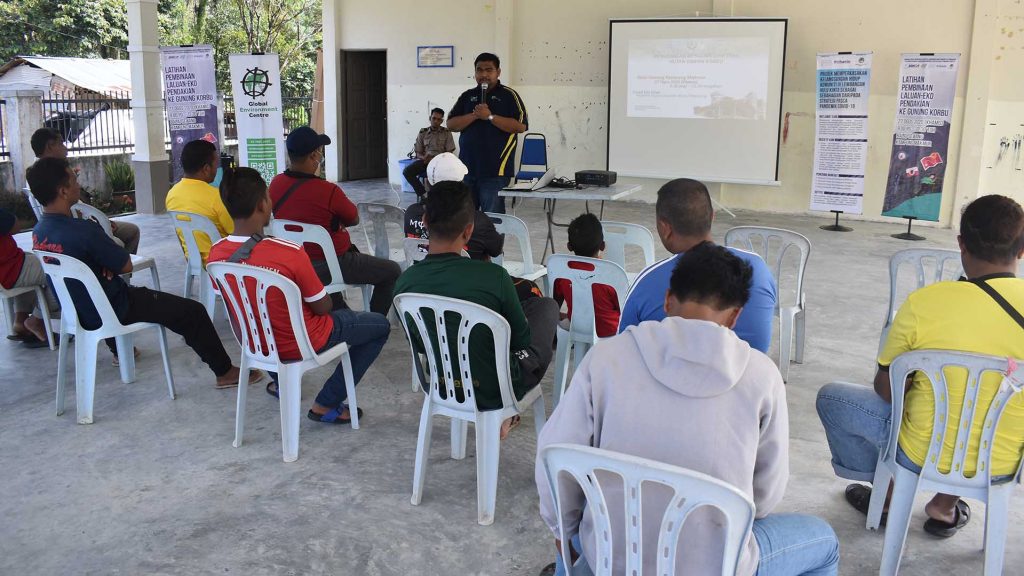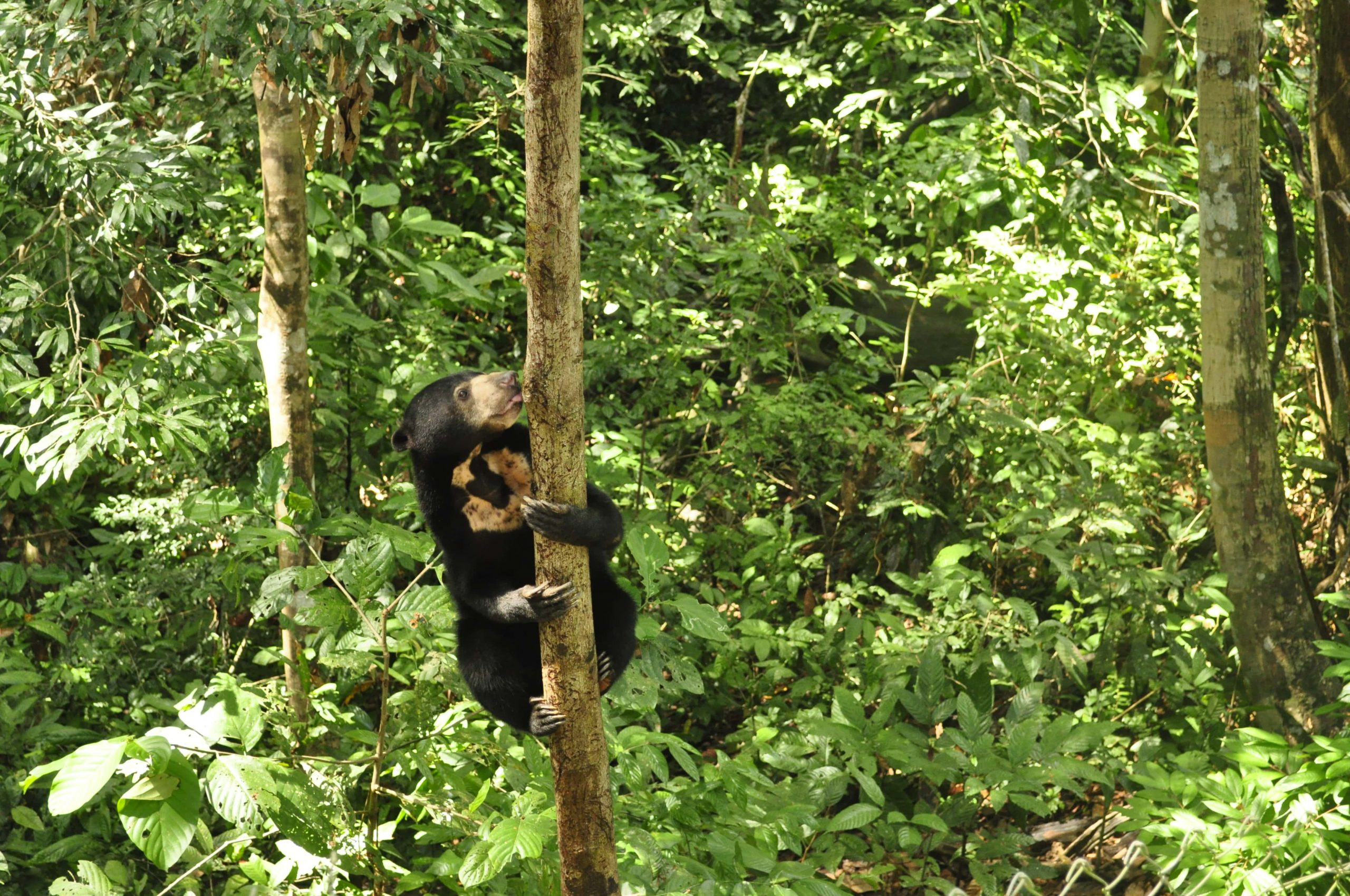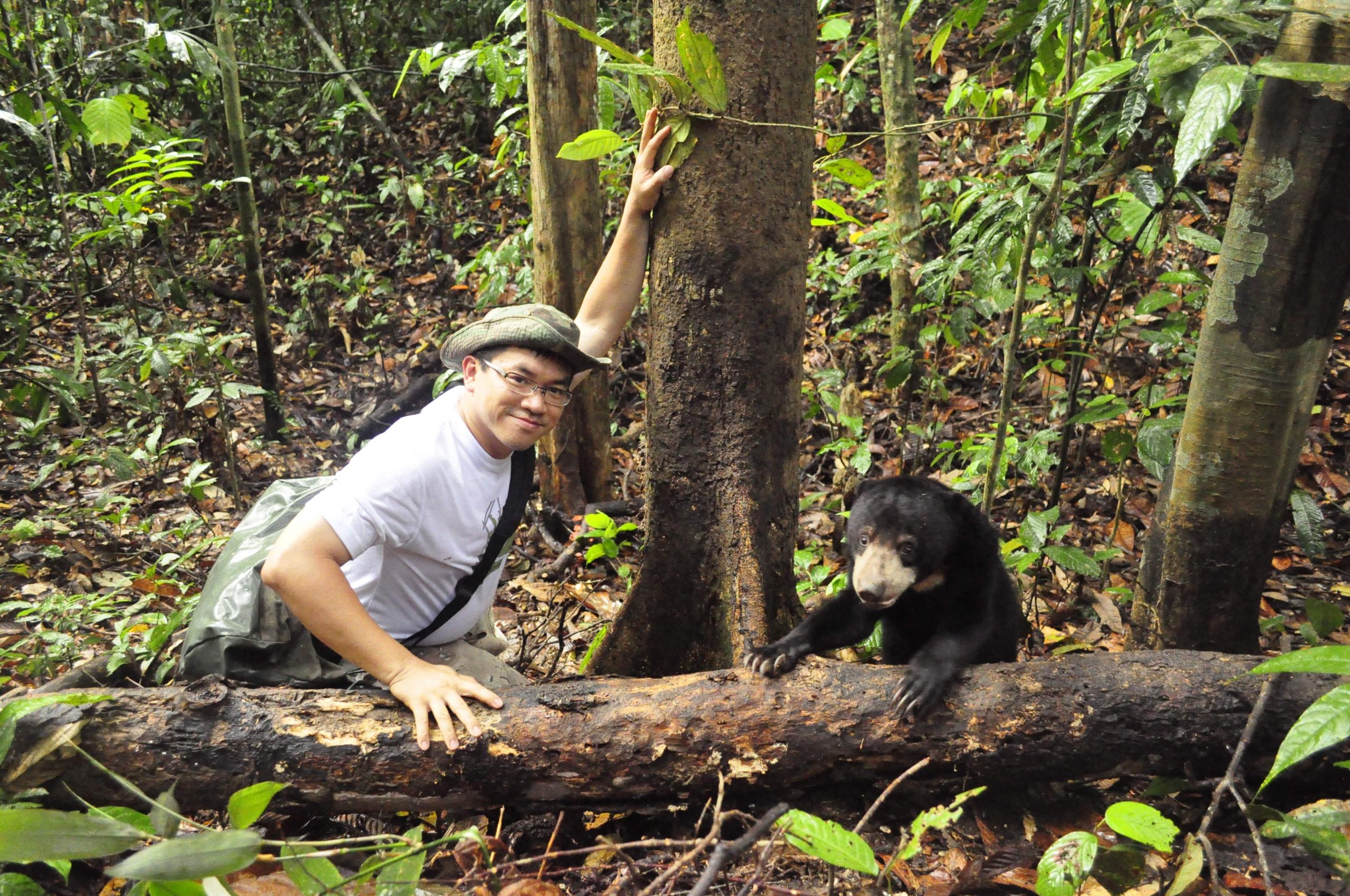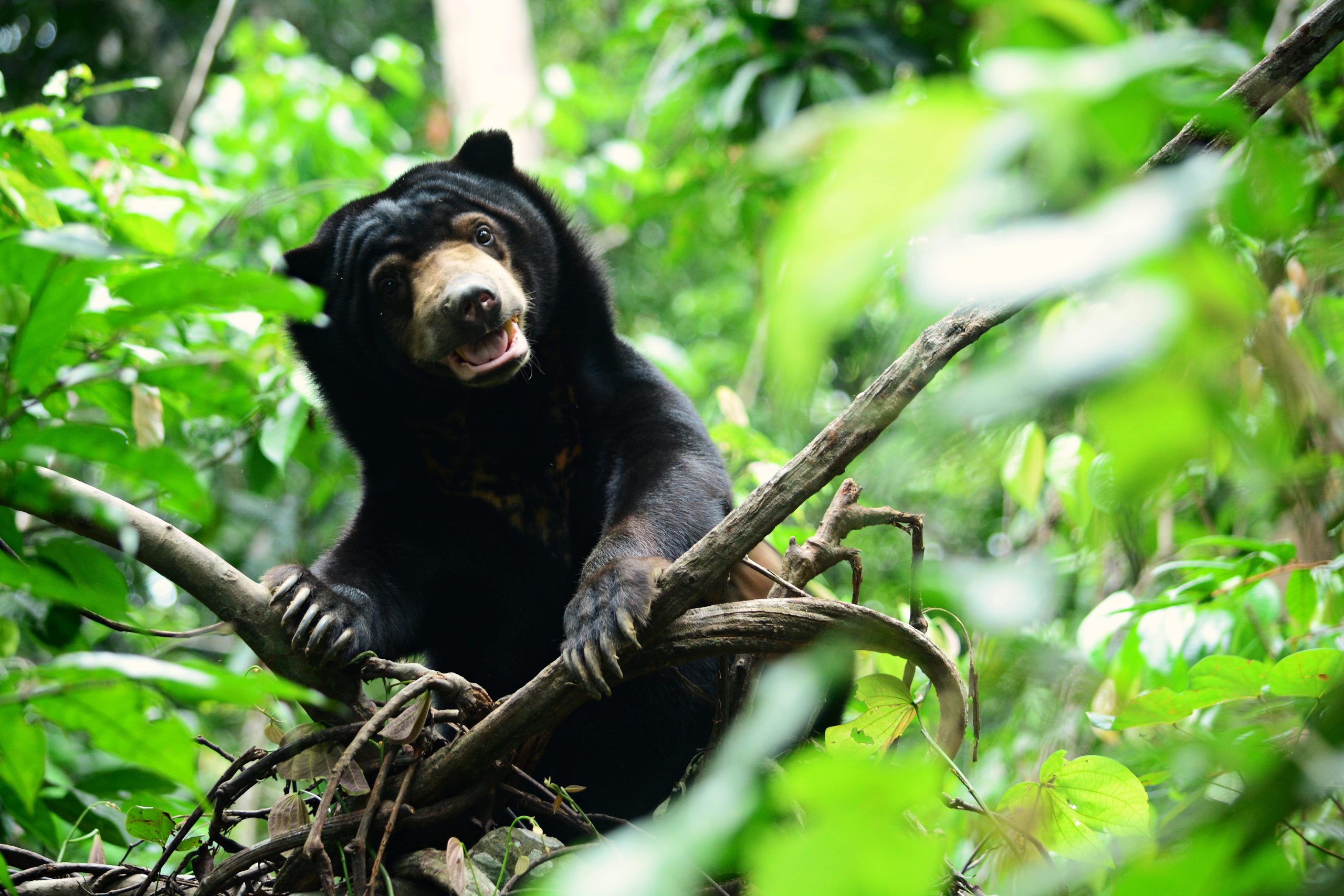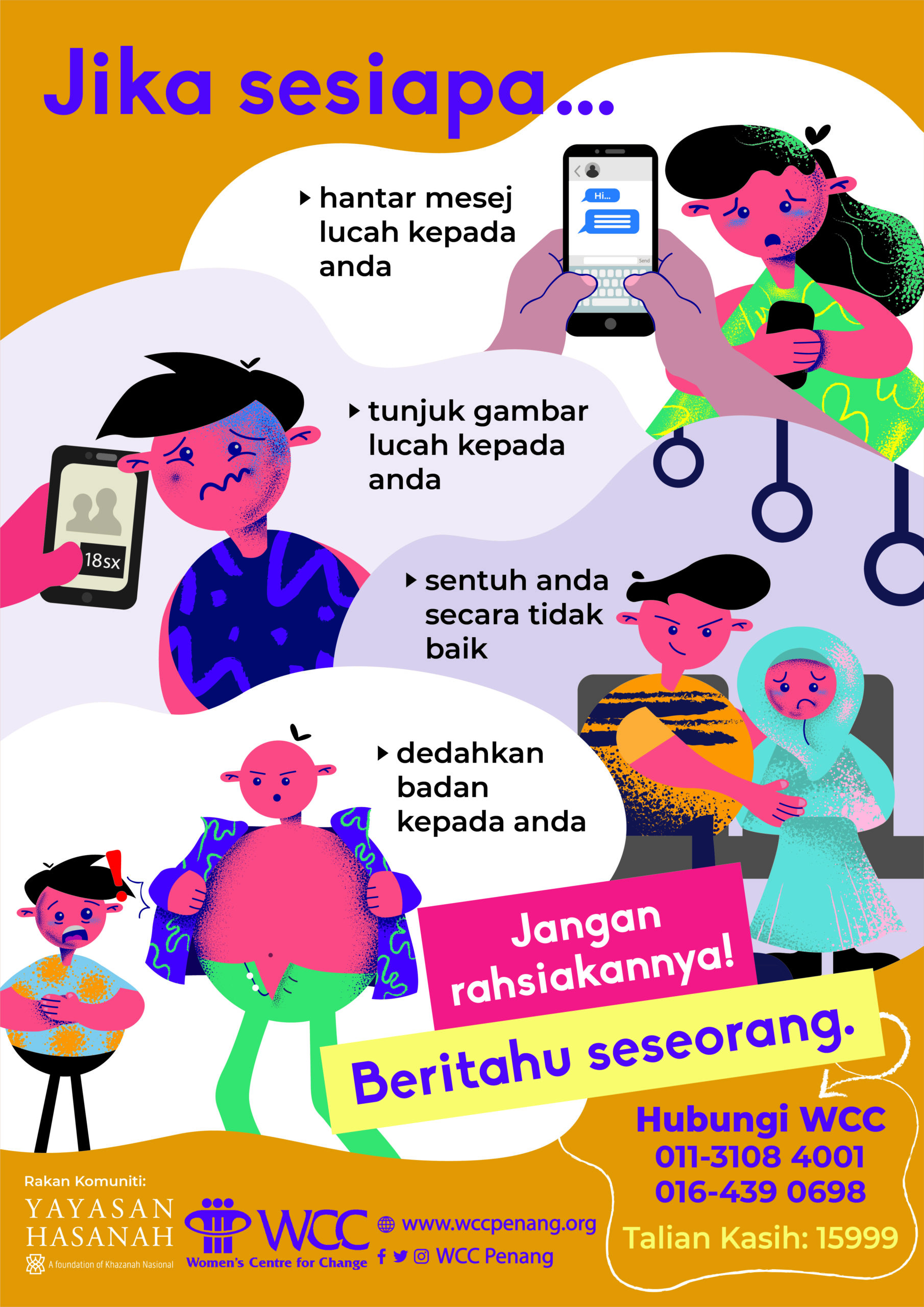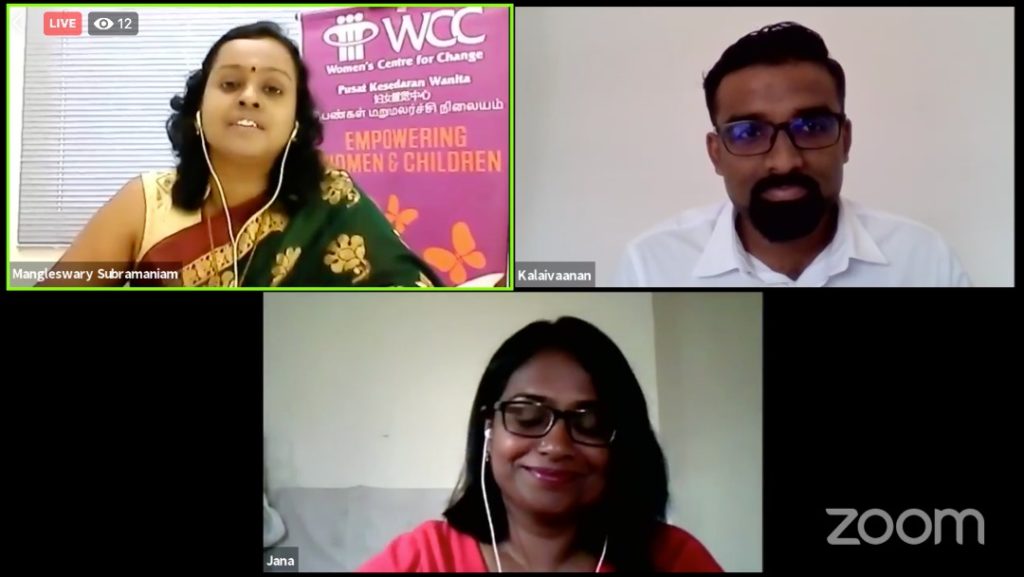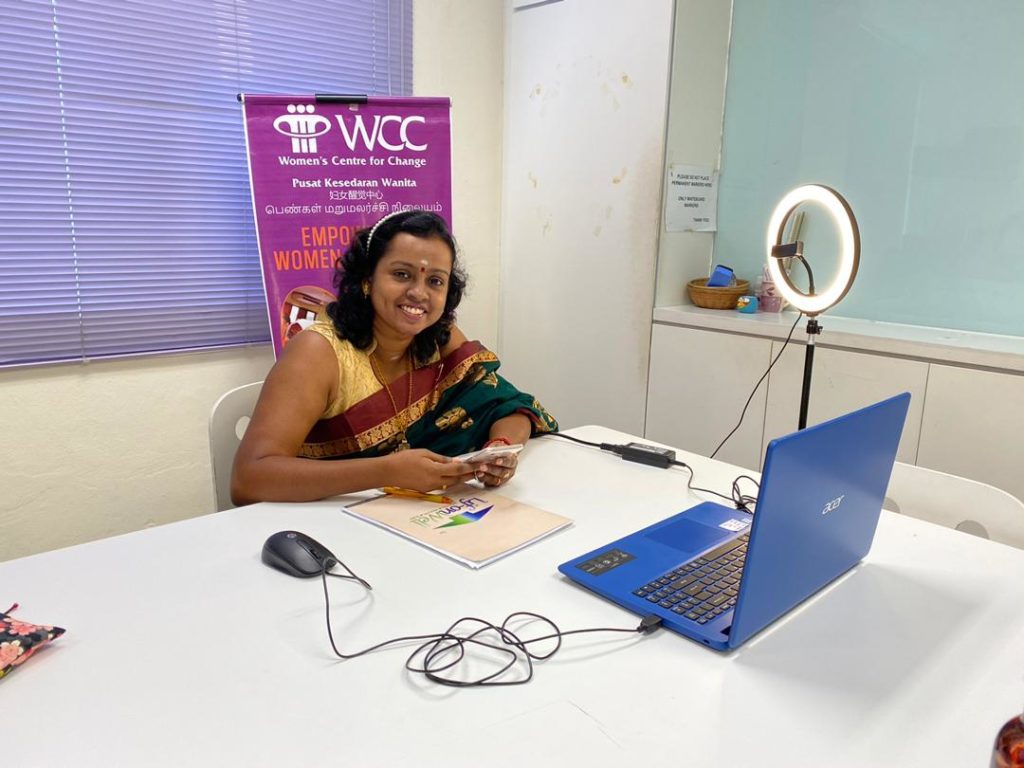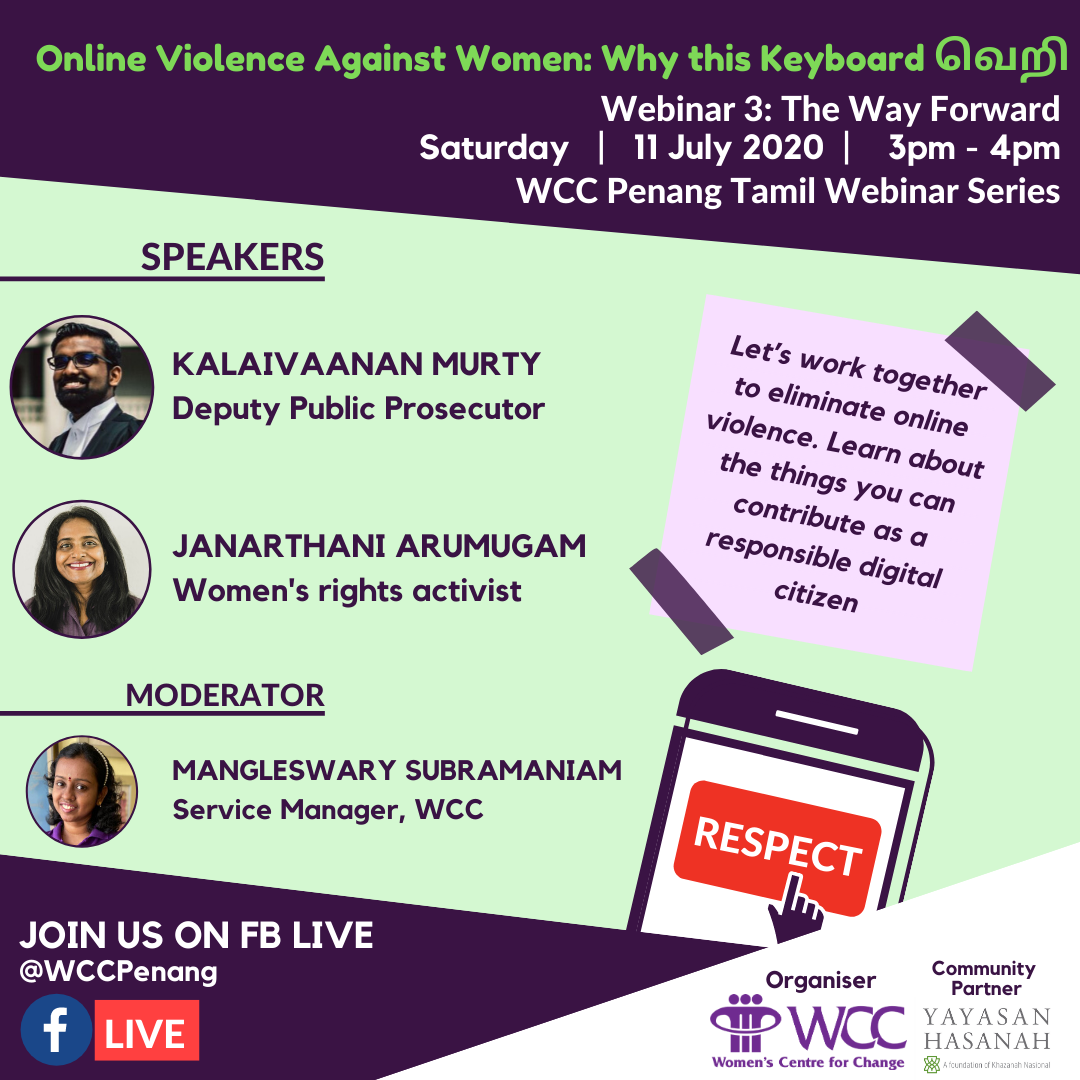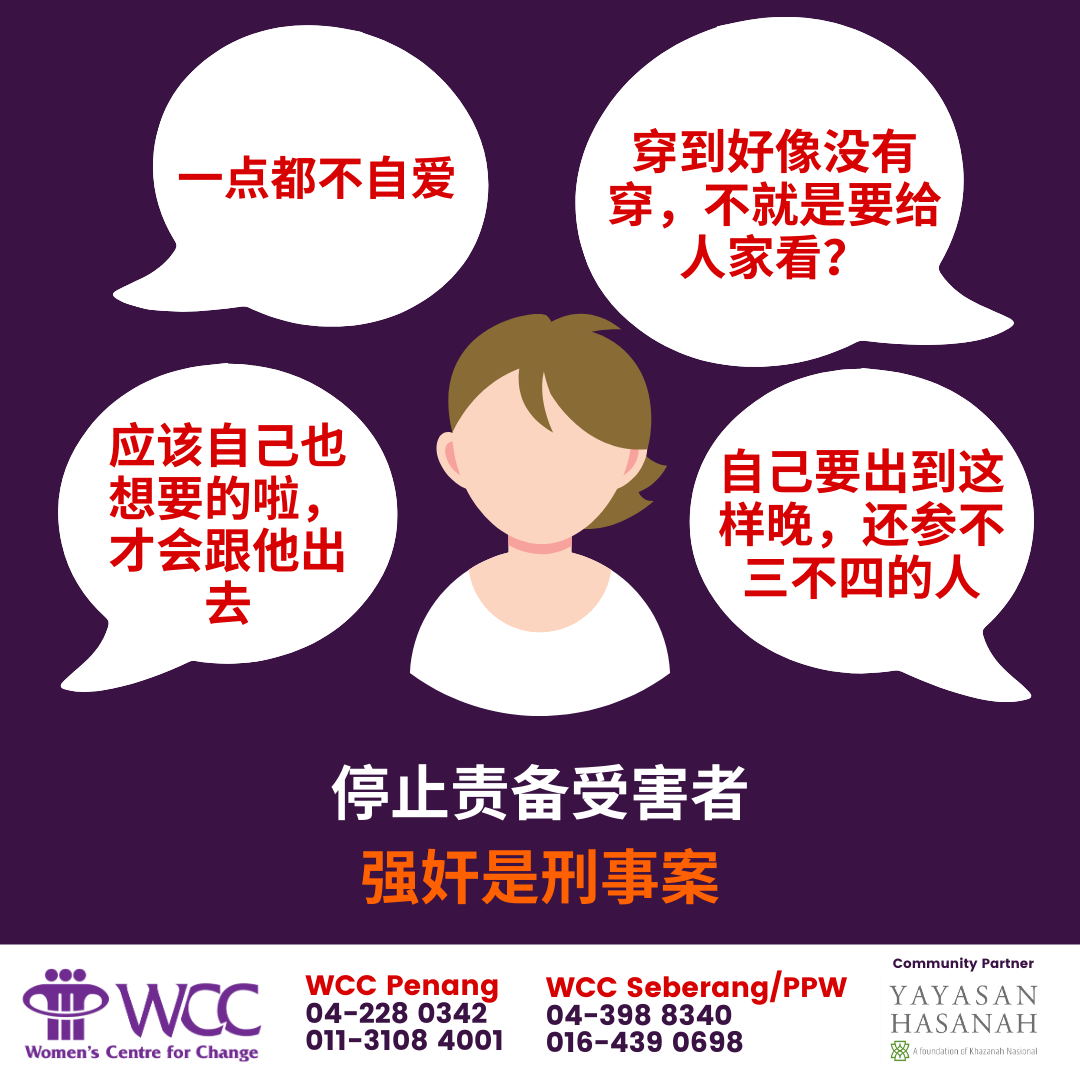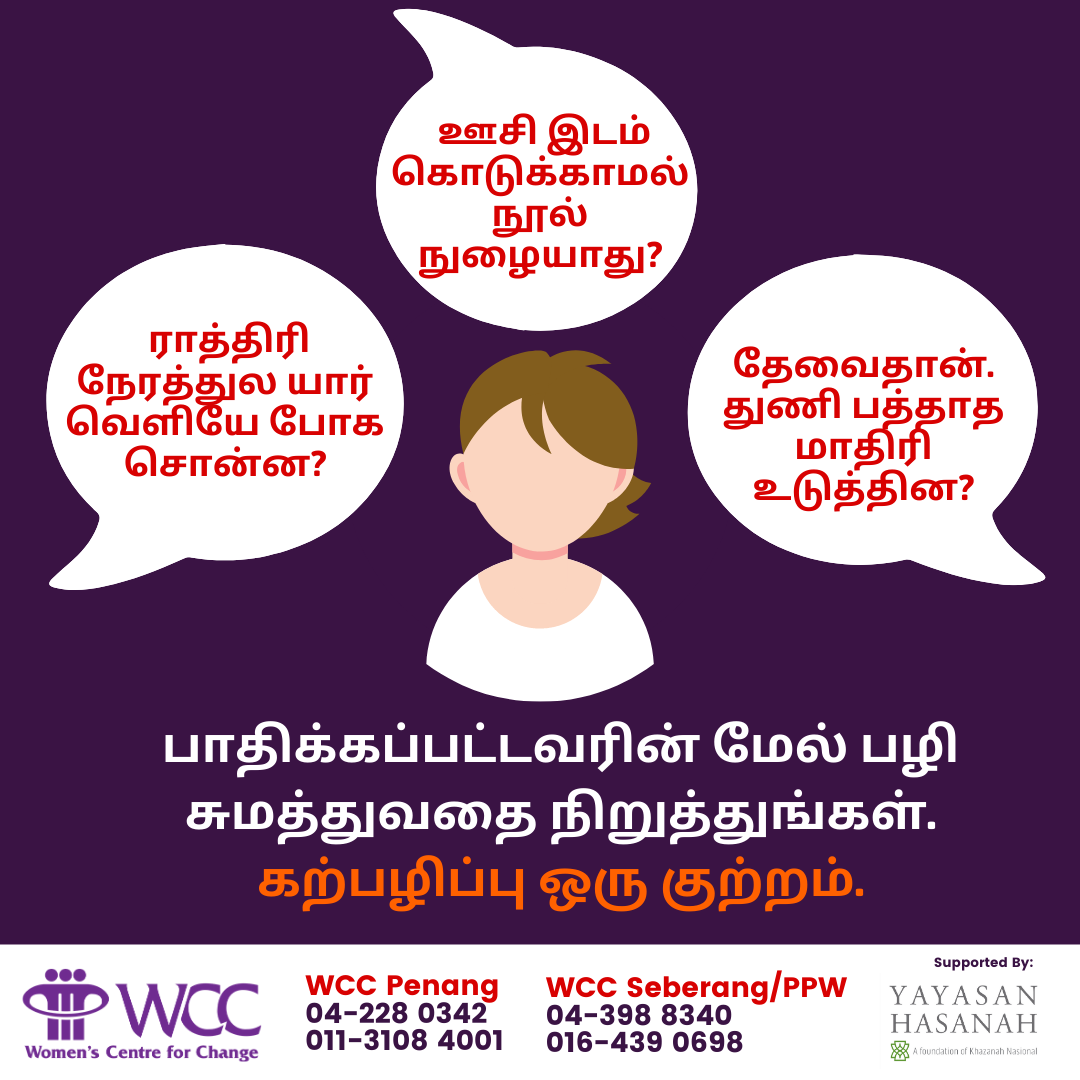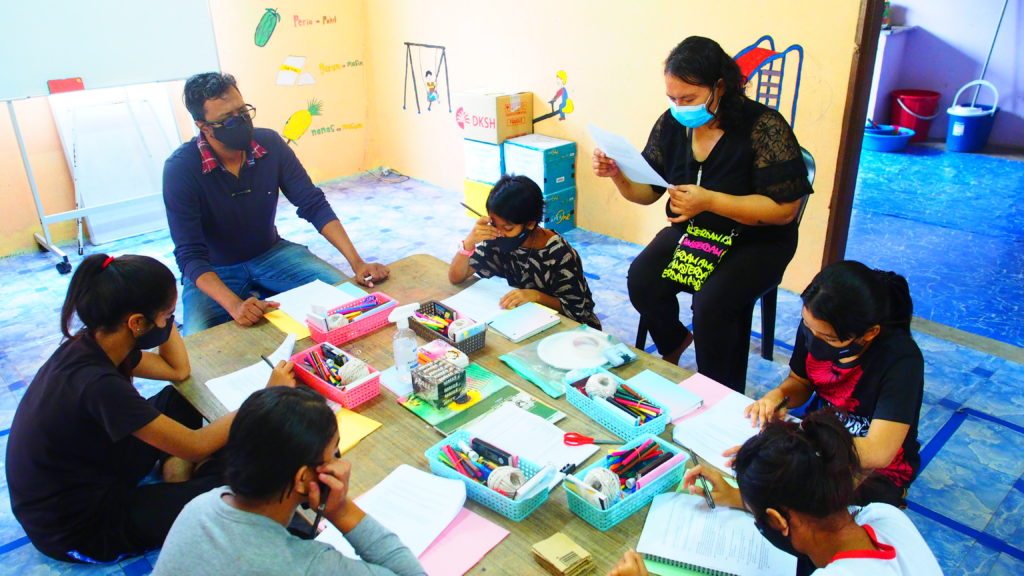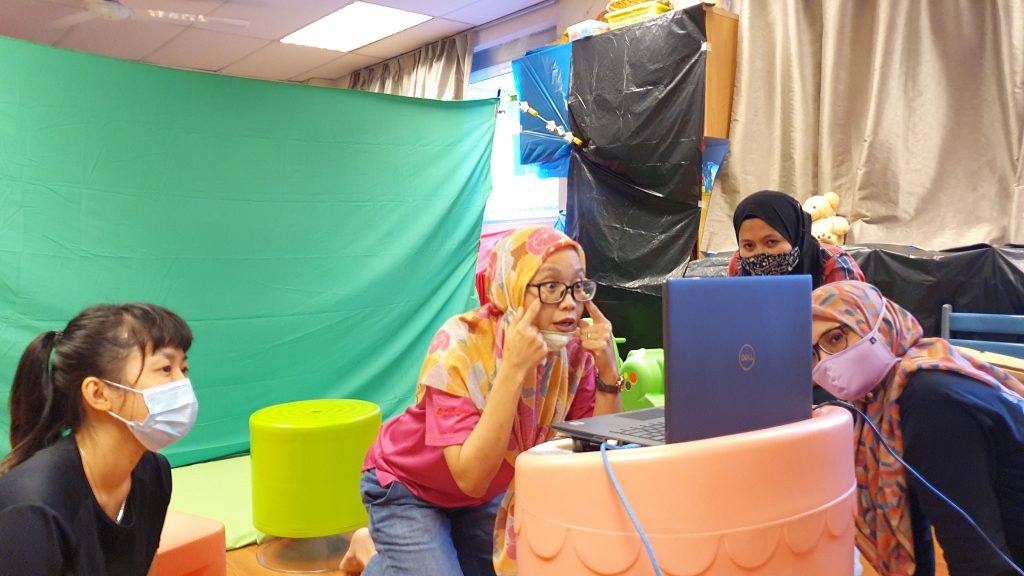Yayasan Hasanah throws a lifeline to artists struggling to survive, but are we losing the arts in Malaysia altogether?
TO still be able to immerse myself in a concert during this time, albeit in my own home, is such an immense pleasure.
ArtsFAS into 2021 featured some of our country’s talented artists, many of whom have been struggling to survive over the last year. So, will we soon lose the opportunity to experience such performances?
Currently, Malaysian actors, musicians, dancers and many more involved in the arts are being forced to abandon their calling altogether.
As Dr Jillian Ooi of Rhythm in Bronze pointed out, “It takes years of personal journeying to express yourself as an artist. People say ‘we can revive the arts later’. But, if we don’t survive this pandemic as artists, we may not be able to revive the arts. The ecosystem will have collapsed.”
I spoke to other artists and organisers from ArtsFAS into 2021, to find out more.
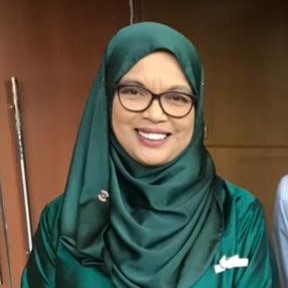
Puan Zainariah Johari, Head of Arts, Culture and Public Spaces for Yayasan Hasanah, was inspired to create a platform where artists could raise funds to support their work and livelihood.
The result was ArtsFAS into 2021, a virtual concert aired live on December 31, 2020 and still available on Youtube for all to enjoy.
“Yayasan Hasanah focuses on preserving, conserving and protecting Malaysian cultural heritage,” Puan Zai explained.
“Throughout 2020, we have been supporting cultural artists, and ArtsFAS into 2021 was the culmination of that.
“A fundraising drive was simultaneously launched on simplygiving.com, open until 31st January 2021. Yayasan Hasanah is contributing RM30,000, and all the donations will be shared amongst the performers.
“Our arts are a mirror to our country. It is the responsibility of all of us not to lose our heritage. More must be done on every level to keep arts in the forefront, to keep them alive.”
It was Endang Hyder’s personal struggle that alerted Yayasan Hasanah to the predicament of local artists.
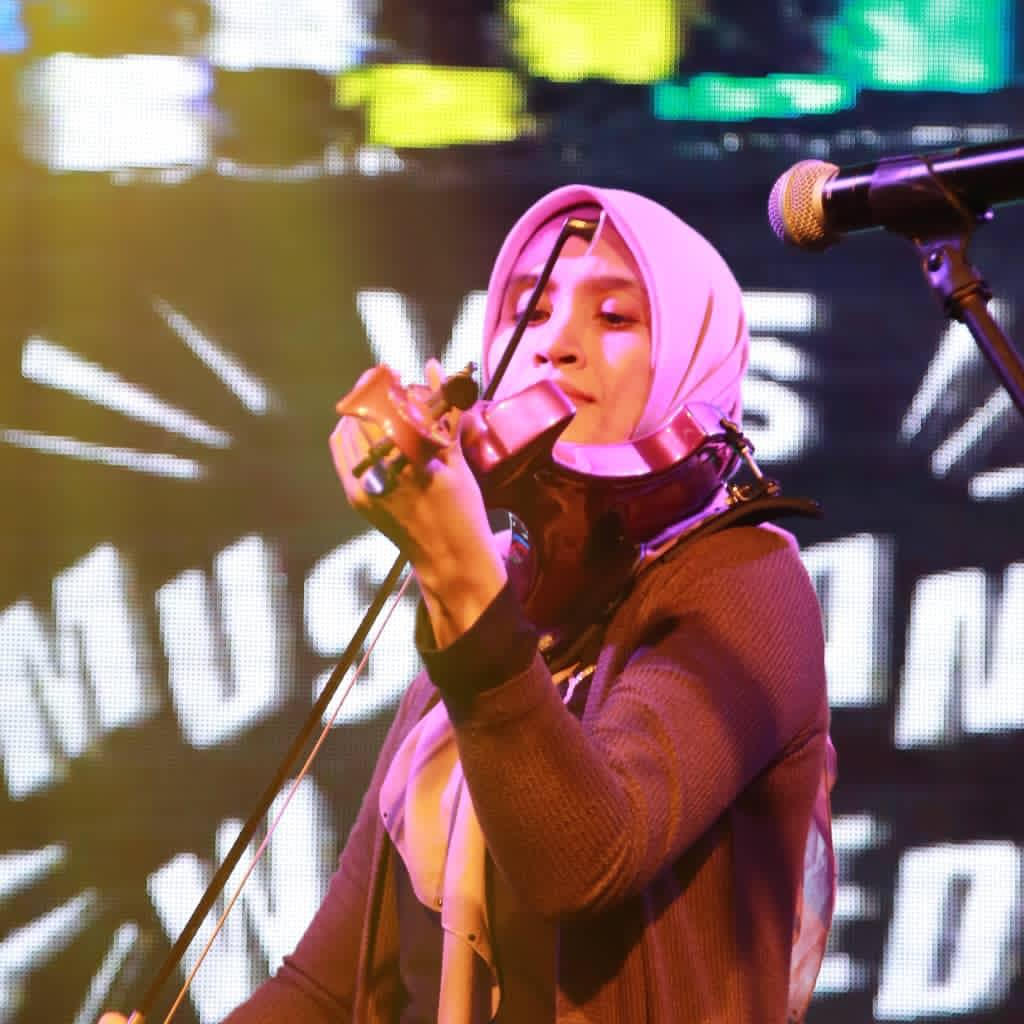
A popular violinist, Endang’s performance in ArtsFAS into 2021 was mesmerising. The harmonious, plaintive sounds of her violin washed over me like a cool, calming breeze. However, as she spoke about how the pandemic has affected her, the strain was evident on Endang’s face.
“I am a single mother with three children, and I also support my sick parents. When Covid-19 first hit, I lost all my bookings for 2020, and 25 of my students cancelled their classes. I had some savings, but then my father’s health deteriorated and they soon ran out. I had no choice but to sell my musical equipment to buy food for the family and medicine for my father.”
Endang was determined to continue performing for her fans, including almost 100,000 social media followers. Throughout 2020 she posted videos, lifting moods and spirits. However, it provided her very little income, and Endang was soon desperate.
“I knew I had to sell my violin, but it’s how I make my living. I hoped I could buy it back later, but had no idea how that would happen. There’s not much help coming from the government for artists. Nobody sees us.”
When Yayasan Hasanah offered to help with the concert, it was a lifeline.
“I was so grateful. My violin is worth much more than the money it would fetch. In the past, when I suffered some anxiety and depression, my followers reached out to me, saying, ‘Don’t give up! Your music helped me through my depression’. Music carries you through the sad times, motivates you. You can’t put a price on it.”
Yet surely our government could value it more. Arts and Culture were allocated only RM15 million in the National Budget 2021, in contrast to the RM 85.5 million assigned for the revival of Jasa (the previously controversial Special Affairs Department). This comparison does little to reflect the true worth of Malaysian performers.
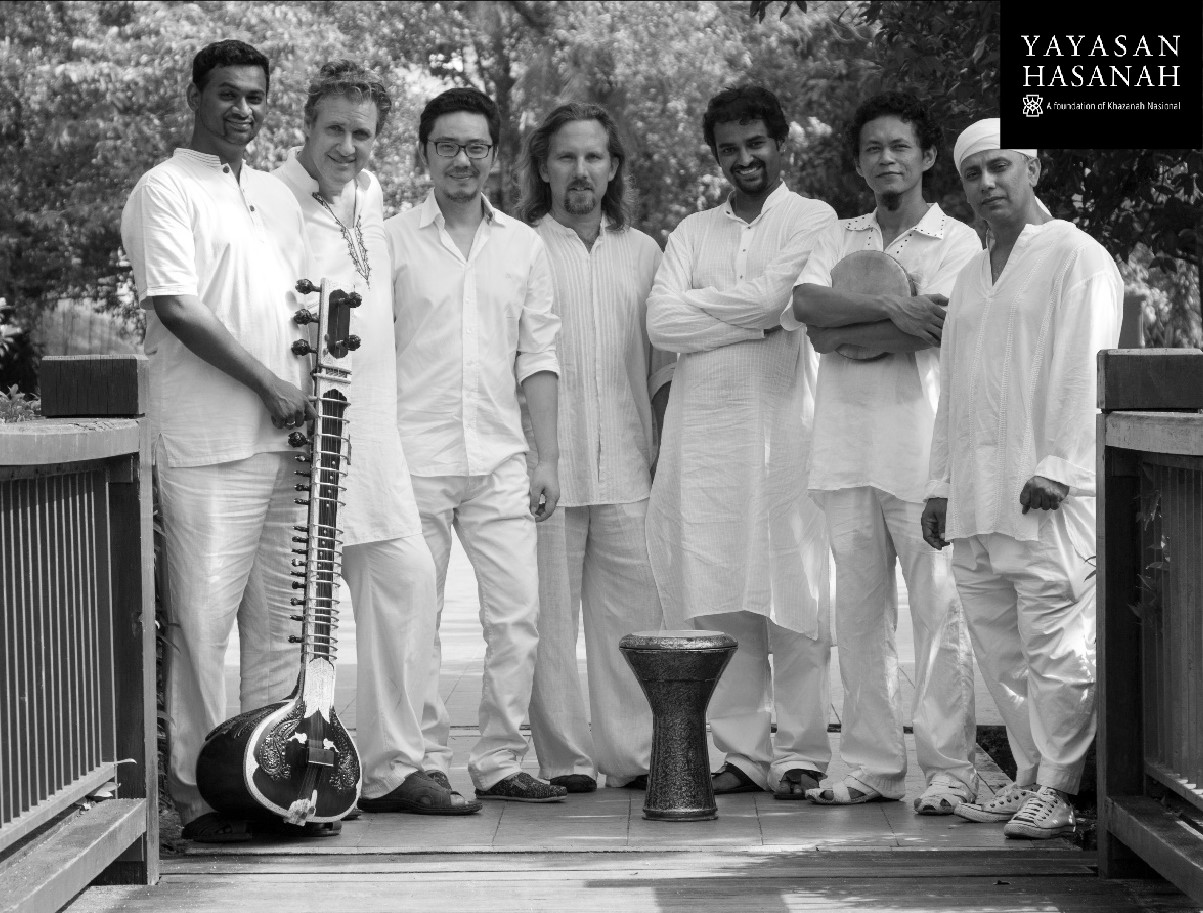
AkashA’s rousing, rolling rhythms open ArtsFAS into 2021, melding ethnic and acoustic instrumentals into addictive melodies. Kumar Karthigesu, a founding member of AkashA, a vibrant seven-piece World Fusion Music band based in KL, spoke of his concerns.
“We have gone from 30 shows per year, to none. Our musicians have turned to selling nasi lemak or driving Grab. At least one won’t return to making music for a living. Our online attempts were well received by audiences, but we spent more than we made.”
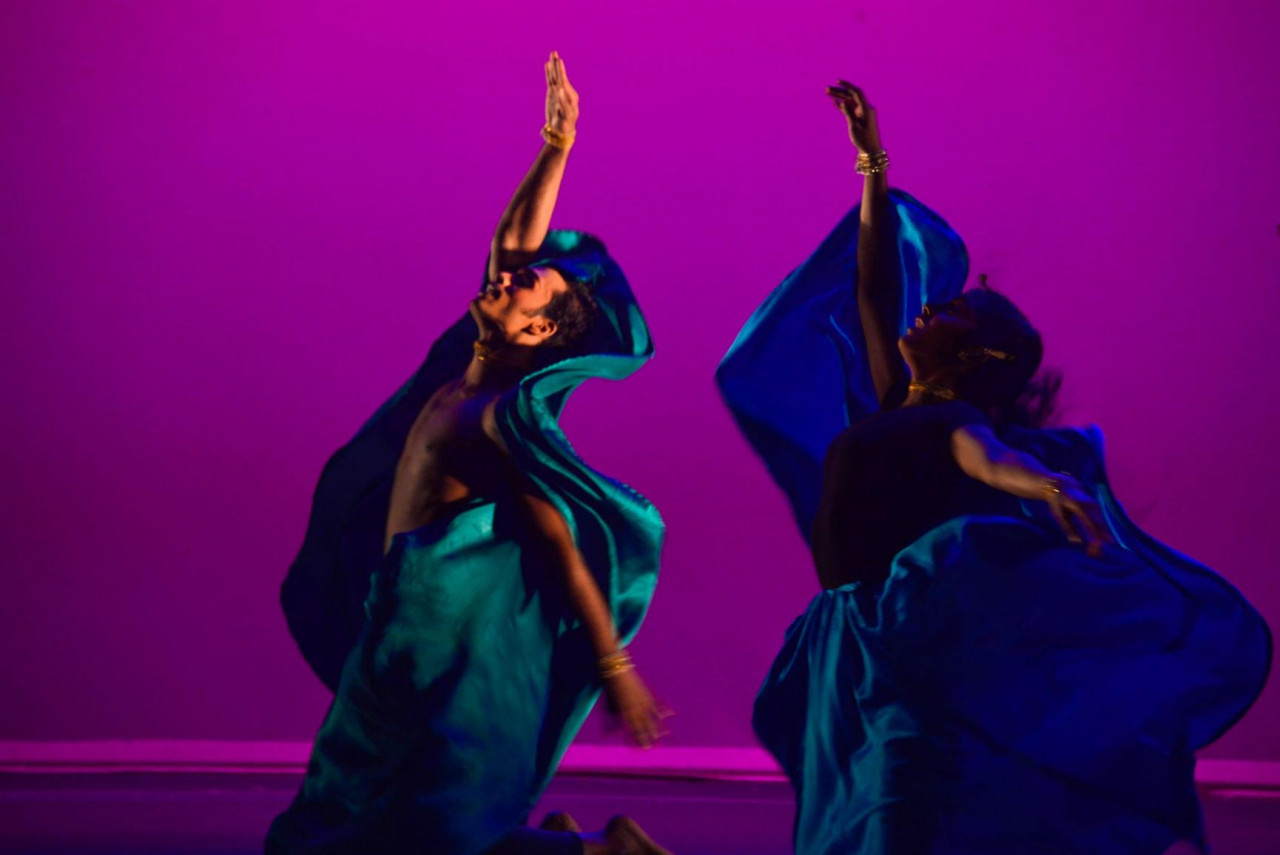
Jyotsna Prakash from the Temple of Fine Arts, is sympathetic to other artists’ difficulties. A self-described sanctuary for the arts, the Temple of Fine Arts’ performance in ArtsFAS into 2021 showcased the multiple genres of music and dance taught there.
“Our 60 teachers have all been on reduced salary, but are doing better than private teachers and full-time performers. Certainly, no young person will embark on a career in music or dance now, yet the arts are important to the lives of so many. Think of the orchestra playing on the Titanic as it sank. Their music was the last thing people heard, and it mattered. We need more awareness of the significance of art in our survival.”
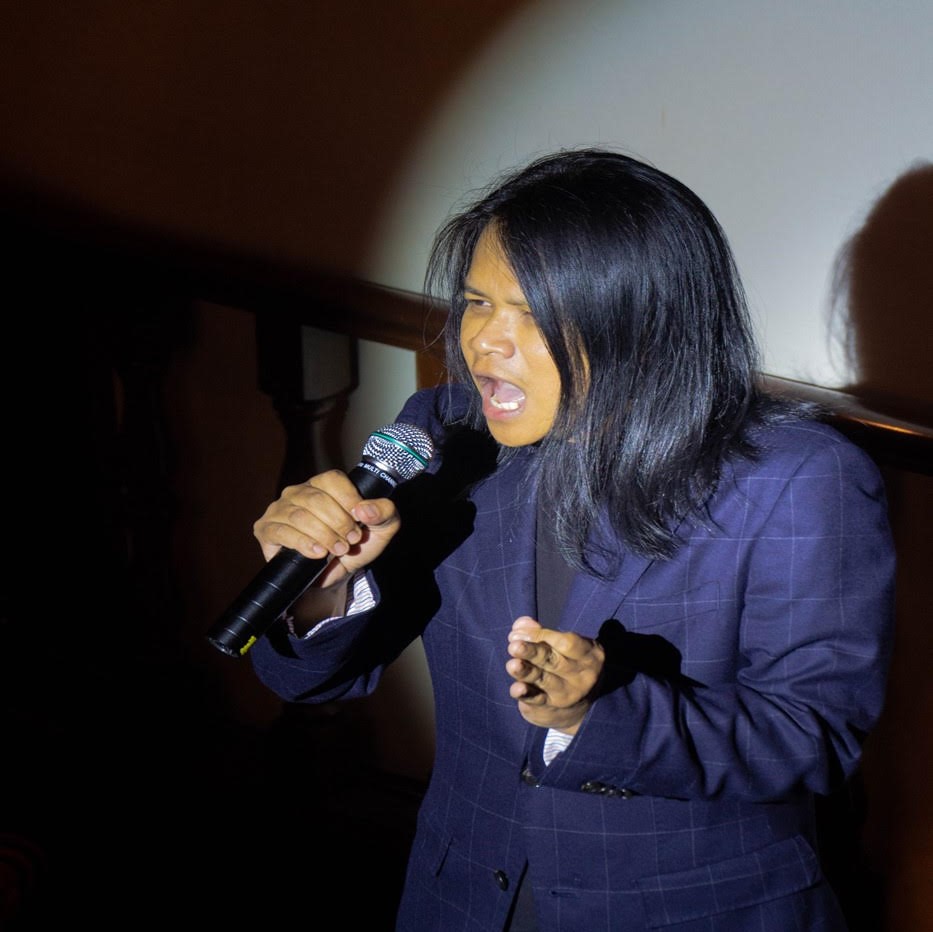
Dodi Mohasdi Hj Mohammad, a Terengganu born lyric baritone, has put his whole life into his art.
“I was in London, working on a series of events combining music and fashion. I had invested everything into it. At the end of November 2019 I returned to Malaysia, planning to go back to launch the events. Now I am battling to survive.”
For Malaysian artists, the pandemic has meant so much more than losing work – they have been wrenched from their career and the outlet for their passion and talent.
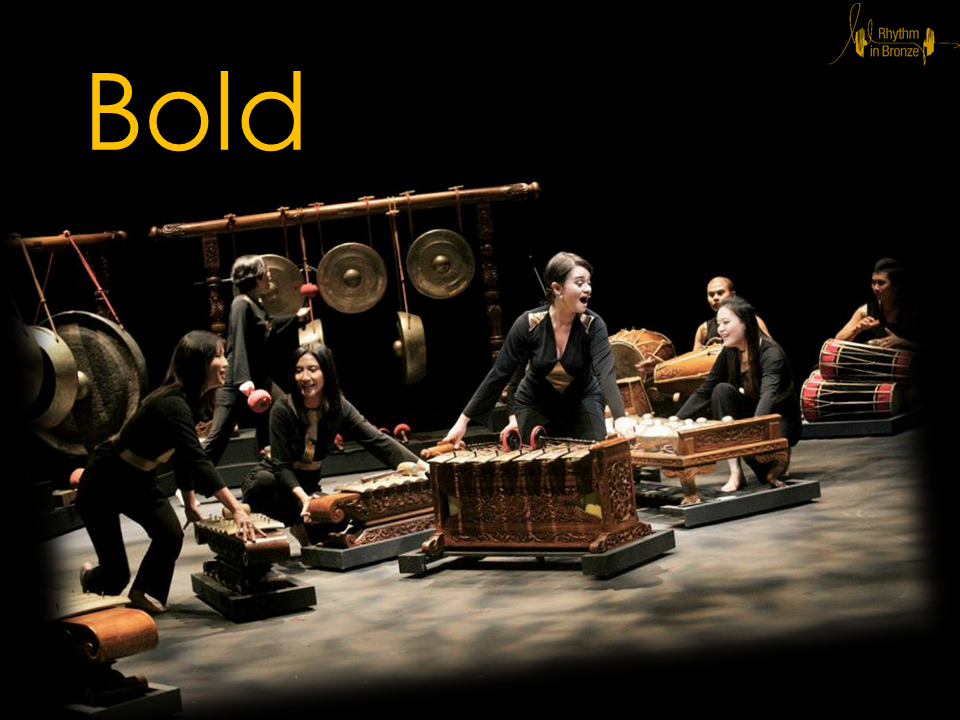
Dr Jillian Ooi of Rhythm in Bronze feels it keenly. With no work, the Malaysian contemporary gamelan ensemble has had to borrow money for rent. The thought of having to sell their instruments brings tears of horror and despair to Jillian’s eyes.
“You have a bond with your instrument. Already we are physically distanced from our gamelan set, as they can’t be taken home. It’s painful, not being able to touch it. I feel like I’ve lost my musicality, and it hurts. It’s not good for a gamelan set to lie silent.”
Her feelings are more than sentimentality. “Food and water may keep us alive, but the arts make us fully functioning human beings. Homo sapiens uniquely use the arts to communicate and express ourselves. It is essential to our species.”
Watching Rhythm in Bronze perform on these majestic instruments, you can understand her passion, almost feel the magical synergy between each player and their instrument.
If we are to preserve such arts, arts that define us as human beings, we need to take action to support our artists. To contribute to the ArtsFAS into 2021 fundraising appeal, go to https://www.simplygiving.com/appeal/usher-2021-with-us
And to experience these performances, as well as Hands Percussion, Geng Wak Long, No Noise Percussion, Rukayah Shukri and Former MAS Crew, see ArtsFAS into 2021 at https://www.youtube.com/watch?v=pwXTAH3AaKM – The Vibes, January 25, 2021
Source : https://www.thevibes.com/articles/culture/15176/if-we-dont-support-our-artists-who-will
